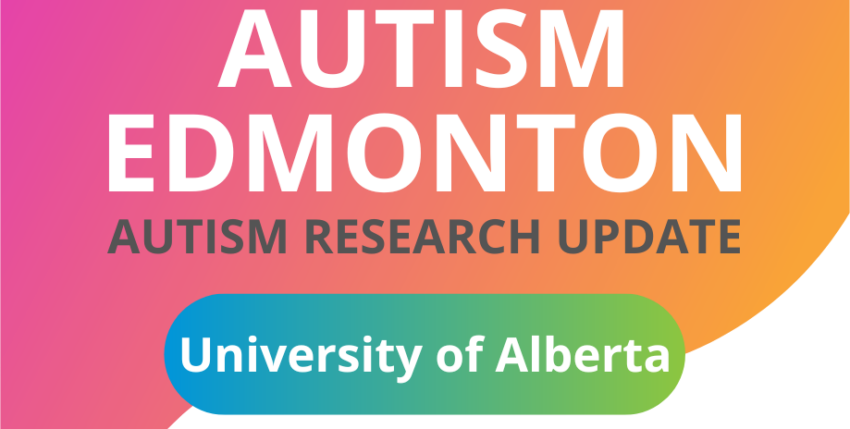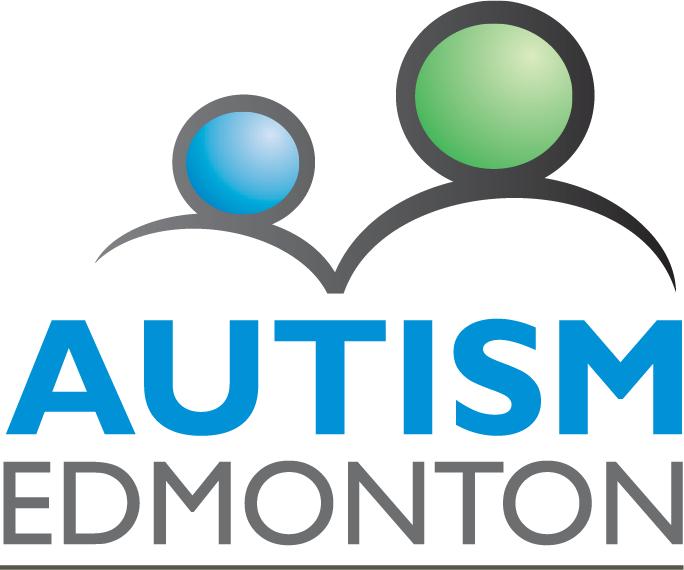
Michael Barrett is a Registered Psychologist and a Doctoral candidate in Educational Psychology at the University of Alberta. Mike has more than 20 years of experience in the field of adolescent and adult mental health. As a member of the Sinneave organization since 2013, he has been instrumental in creating and delivering a number of key initiatives, including the Launch Program, PEERS®, Worktopia, and Beast Mode programs to support autistic young adults. Mike brings extensive knowledge in mental health, stress, depression, anxiety, self-esteem, self-confidence, and transition planning to his role. He enjoys working on teaching social, relationship, and life skills to support clients in becoming more independent, self-sufficient, gainfully employed, and physically active.
Understanding Behavioural Intention to Engage in Physical Activity and Use Wearable Activity Trackers for Autistic Young Adults.
Physical inactivity is a growing concern in the autistic community in Canada. Recent studies suggest that autistic young adults are significantly less active than their non-autistic peers, which increases their risk of developing preventable health concerns such as hypertension, diabetes, obesity, and psychiatric conditions like anxiety, stress, and depression. Effective physical activity interventions for autistic young adults have largely been neglected in research, with most studies focusing on children and adolescents. Prior research examining physical activity within the autistic community has often relied on consultation with family members (e.g., parents) or care providers rather than speaking directly to autistic young adults.
Many health studies often fail to consider or include the unique perspectives, knowledge, and experiences of autistic people. Health research has the potential to transform the lives of autistic young adults if they believe the subject matter is important and relevant to their needs. To design effective interventions to improve physical health outcomes, input from autistic young adults is essential for understanding their needs and preferences. This study seeks to understand the perspectives of autistic young adults towards participating in physical activity and assess interest in using technology (e.g., Wearable Activity Trackers) as an intervention to improve health outcomes.
A popular physical activity intervention is wearable activity trackers. Research suggests that wearable activity trackers can support users in improving health behaviours such as physical activity, sleep hygiene, and diet. However, the use of wearable activity trackers will only be successful if users are interested in wearing the devices and there is a lack of existing research to determine whether wearable activity trackers are a desired intervention for autistic young adults looking to lead physically active lifestyles.
To address this gap, Michael Barrett, a PhD Candidate at the University of Alberta in the Faculty of Education Psychology has initiated a research project. The research project is a national survey designed to gather perspectives directly from both autistic and non-autistic young adults on their perspectives on physical activity and the use of wearable activity trackers. This survey is a crucial first step towards developing a comprehensive understanding of the experiences of autistic young adults and for identifying effective interventions that can support them in achieving better physical health.
This research project has been developed by engaging in Community-Based Participatory Research (CBPR). CBPR involves working in partnership with those directly affected by the issue, for the purpose of gaining first-person perspectives and understandings that assist with developing collaborative strategies to effect social change.
For this study, Michael connected directly with autistic young adults to develop knowledge about their opinions towards participating in physical activity and to explore whether they would be interested in using wearable activity trackers for this purpose. In June 2022, an Autistic Advisory Committee (AAC) was formed. The AAC is comprised of several self-advocates from two provinces (Alberta and Saskatchewan). Due to ongoing COVID restrictions, committee meetings were conducted in an online forum, where members were invited to collaborate on the purpose, acceptability, and feasibility of the proposed research, and ensure that this area of study is relevant to the needs, values, and priorities of the autism community.
Once established, the focus of the AAC centered around two primary goals. The first was, to engage committee members in a series of focused discussions designed to gather their insights, perceptions, and reflections on participation/engagement in physical activity and their thoughts/opinions on the utility of using activity trackers to promote/encourage physical activity. This consisted of providing feedback and support for the varying stages of survey development and processes (e.g., editing/refining questions, reviewing methods, discussing potential barriers, and reviewing strategies for survey distribution, etc.) throughout the study. The second goal was to use the information generated from these discussions to inform the creation of a survey tool designed to assess interest in physical activity that is sensitive and considerate of the needs/perspectives of autistic adults.
Five virtual meetings were held between June to September 2022, in which the AAC was instrumental in providing guidance on the creation, development, and validation of new guidelines to improve the survey tool. For example, insight from AAC members influenced the development and addition of physical activity ‘levels of intensity’ descriptors designed to provide participants with better clarity on the different intensity levels of physical activity (e.g., mild, moderate, and strenuous physical activity), and paired each description with specific examples of activities that align with each intensity level.
The final objectives of the research project included developing an effective distribution strategy for receiving feedback from a significant sample of autistic young adults from each province and territory and developing a plan for analyzing the data and collaborating to discuss the potential implications based on the survey results. The survey was launched in January 2023 and has been well received with hundreds of responses from across Canada. The data analysis will begin in May 2023.
Autism Edmonton, the Glenrose Hospital Foundation, and the Community-University Partnership (CUP) have generously funded this research. The study’s results will provide valuable insights into the experiences of autistic young adults and their perspectives on physical activity and the use of wearable activity trackers. These insights will inform the future development of effective physical activity interventions tailored to the unique needs of autistic young adults and help improve their overall health and well-being.
